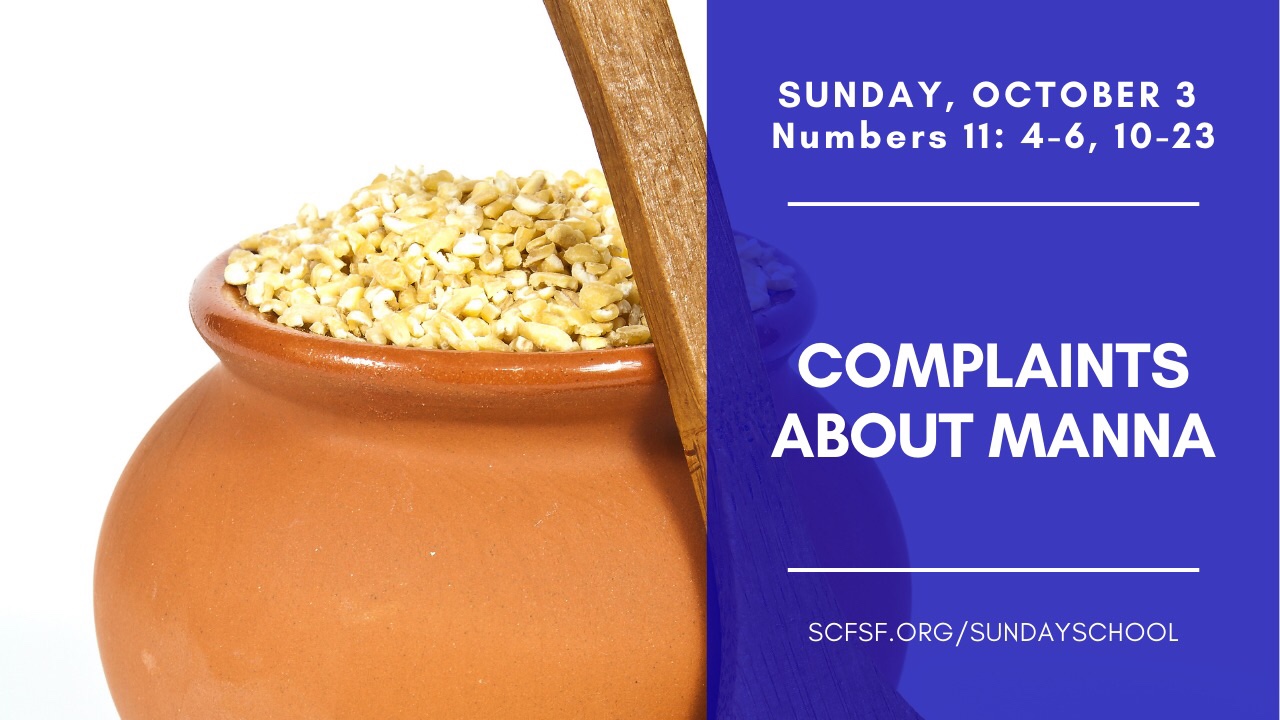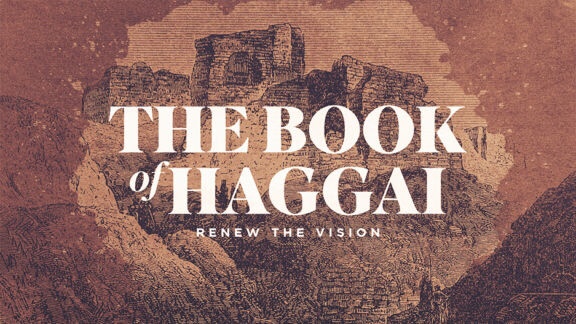
Scripture
By Elder Janice Hall
Lesson Text: Numbers 11: 4-6, 10-23
Related Scriptures: Exodus 16: 1-8; I Corinthians 10: 1-6; Mark 8:1-9
When we look at our lesson text today, we see the people are weary of the provision God has given them. Moses, as well was feeling overwhelmed with the task at hand. The Lord not only provided the requests of the Israelites, but allowed Moses to delegate leaders who would assist him.
In Exodus 16:1-8, The children of Israel complained against Moses and Aaron. God announces to Moses the coming of bread from heaven. The blessing of the bread came with responsibility of obedience and would test Israel’s measure of obedience. Paul urges the church ( I Corinthians 10:1-6) , to learn from the mistakes of their forefathers and to be faithful to the God of Israel. Paul revealed in the previous verses, that these blessings and protection were not enough to protect them from God’s discipline for their own sinfulness.
Mark 8:1-9 relates the story of the feeding of the four thousand. Jesus and the disciples fed the multitude, and asked the disciples to give up their own food this time. The seven large baskets showed that God provided out of His abundance. Jesus did miracles out of love and compassion but also to demonstrate that he was indeed the Messiah, the Christ, the Son of God.
Synopsis
By Sister Pamela Jones
The story of the “manna” being provided to the children of Israel in the wilderness is one that is stated in 1 Corinthians 10:6 as, “Now these things became our examples, to the intent that we should not lust after evil things as they also lusted.” Everyday God provided what they needed in exact amounts. They actually longed to be back in Egypt, the land of their torture, so they could eat the “fish, cucumbers, melons, leeks onions, and garlick.” They longed after food so much that they were willing to go back into slavery for a few bites of food that they left behind is definitely “lust.”
Exodus 16:4 states, “Then the Lord said to Moses, Behold, I will rain bread from heaven for you. And the people shall go out and gather a certain quota every day, that I may test them, whether they will walk in My law or not.” As we have learned, the children of Israel did not pass the test because they murmured and complained and murmured and complained, over and over, and over again. Their complaints and murmurings may have been spoken to Moses and Aaron, but it was about God.
They failed the test so badly, that they had to pay for their lusting after other food. Numbers 11:19-20 states, “You will not eat it for just one day, or two days, or five, ten or twenty days, but for a whole month—until it comes out of your nostrils and you loathe it—because you have rejected the Lord, who is among you, and have wailed before him, saying, “Why did we ever leave Egypt?” ” We are reminded about lusting after those things that are not for us, and not being appreciative of what God provides for us daily. There is a price to pay for it.
Practical Application
By Prophetess Lecha Price
In our lesson today, we learned about the children of Israel grumbling and complaining against the daily manna provision God provided from heaven to feed them. As they traveled deeper into the wilderness, they began to focus on what they lacked rather than God’s goodness and His provision.
The disgruntled wilderness wanderers chose to remember the onion, melons, cucumbers, and garlic they ate in Egypt all while forgetting the bondage, slavery and suffering they experienced at the hands of the Egyptians. Their selective memory served as an enormous eclipse to God’s faithfulness and miraculous deliverance they experienced firsthand in their lives. So, instead of being grateful for their deliverance and freedom they complained.
The practical application encourages us to never forget the faithfulness of God, and all He has delivered us from as well as His goodness and mercy we experience daily. It is also a strong admonition and reminder for us to resist a spirit of entitlement or a short-lived memory of experiencing God’s blessings. We must make it our daily habit to maintain a heart posture of gratefulness. We can continue meditating and reflecting consistently on His faithfulness and goodness simply because of who He is and not always for what He has done.



